On the last night of 2011, I found myself presented with the best meal of the entire year. Golden chevrons highlighted on a perfect slice of halibut. Crisp calamari in squid ink tempura, shavings of fennel on a bed of spinach and tender explosions of baby tomatoes in an orange and cauliflower sauce. Cauliflower? Yes, and none of the flavours clashing with their companions, but mingling elegantly, congratulating each other, while subtly asserting their individuality. The source of a faintly sweet, earthy flavour eludes me – it comes from parsnips infused with saffron. Before this had been a warm mushroom cappuccino with porcini froth, in a tiny cup so loaded with flavour that I keep going back to it again and again and again. After this- with some in between – was the lightest filo pastry with the crunch of almonds and a satiny crème brulee between its sheets. All this from a twenty six year old Palakkad Iyer boy, brought up in Calcutta on moru kolzumbu, sambar and rasam, whose grandmother denied garlic an entry into the kitchen. Uday Nathan’s background in food is so traditionally Indian, it leaves you wondering where all these very modern European creations have come from. Comfort food for him means curd-rice or malukootal; a childhood foodie treat meant saving for an egg-roll at Kusum’s, by taking the bus home from school, instead of the metro.
When he arrived in Aurangabad to study Hotel Management at the Taj, he had wandered across from a background in science and cooking was still nowhere on the horizon. The brief, mandatory exposure to the kitchen, which was part of the course taught him a couple of things – that he was very comfortable in the kitchen and, that he was a terrible baker! So he went about setting the baking right and, by the second year, the trainee who had yet to taste pasta, was noticed, and put where he belonged – in the Chef’s training programme.
Nathan is disarmingly honest about how his expertise evolved. His initial experiences in a restaurant kitchen were, as he puts it, “disorienting”, and at a Management Training Programme in Delhi, he came to the bleak conclusion that “he knew nothing”, and was light years behind his peers. This simply spurred him on to work like a maniac. The defining moment in his career came when he began to work with the Mexican Chef, Oscar Gonzalez, at Graze. Nathan drove himself hard, working into the night, and then spending another couple of hours brainstorming with Oscar, for months – inquiring, absorbing and learning all the while, from a generous and patient mentor. As Oscar’s saucier, he learnt the backbone of classical European cuisine. Food is something he gets emotional about, and finds the mishandling of a product or carelessness, inexcusable. As far as techniques are concerned, he sticks firmly to a mastery of basics and concentrates on refining the details. Cooking, above all, for him, is that all –important, elusive quality – “feel”.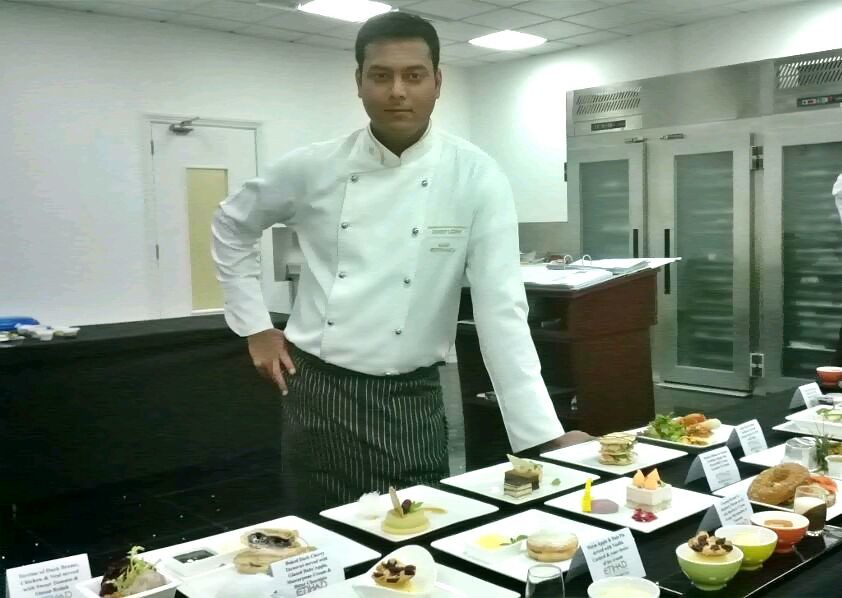
And of inspiration, Nathan finds plenty, both for himself, and the incredibly young team with whom he works. This year, Graze had two entrants in the Food Lover’s Young Chef’s Culinary Challenge -Prashant Shadakshari and Pushpendar Yadav. Yadav went on to win the gold, making it the second year running for the restaurant. It made me curious about the behind – the – scenes –Graze, and this was what I found. With a seven- member team, their age ranging from twenty -two to twenty- seven – the restaurant manager, Ashwin Singh is laughingly referred to as practically over the hill, at thirty – Graze is one of the most exciting restaurants in Bangalore and, dare I say the country, today. Speaking about how they function, both the young chefs, Yadav and Shadakshari were emphatic that the key to their success is that, everyone on the team has the freedom to express himself. If they have a creative contribution to make that is credible, regardless of age or experience it is incorporated into the life of the restaurant. Everything, in short, is about teamwork. Nathan for his part, is teaching all the time and, what the young chefs learn, he says, is entirely up to them. Once again I find myself returning to Thomas Keller, when he stressed the importance of “…having the ability to engage everyone in the restaurant so everyone has the opportunity to have an impact. We have so many intelligent individuals in our restaurant. Lots of them are the young ones, and to give them a voice is so important. Give them the recognition, give them the opportunity to take ownership of what they are doing.” And it is this incredible sense of ownership that we experience in every dish placed before us. Speaking from Thomas Keller’s vantage point, at the pinnacle of his career and multiple successes behind him this is wisdom; but put into practice by a young chef like Nathan, who has just begun his journey, it speaks of a rare generosity and great a confidence in his skills. Every once in a way you dine at a restaurant that surprises you, and reminds you of the limitless pleasures and possibilities of eating – Graze is just such a place.
Image Courtesy: Uday Nathan

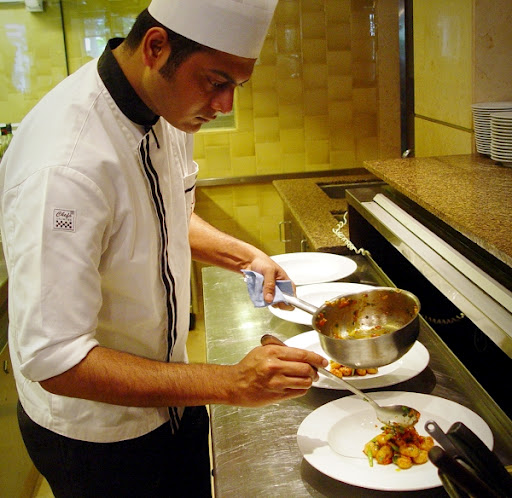
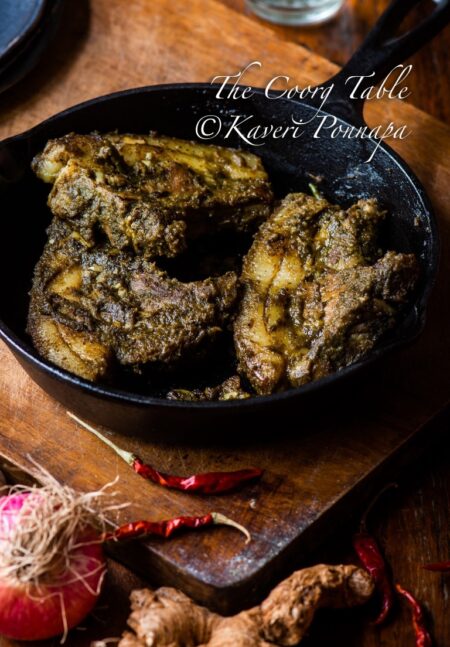
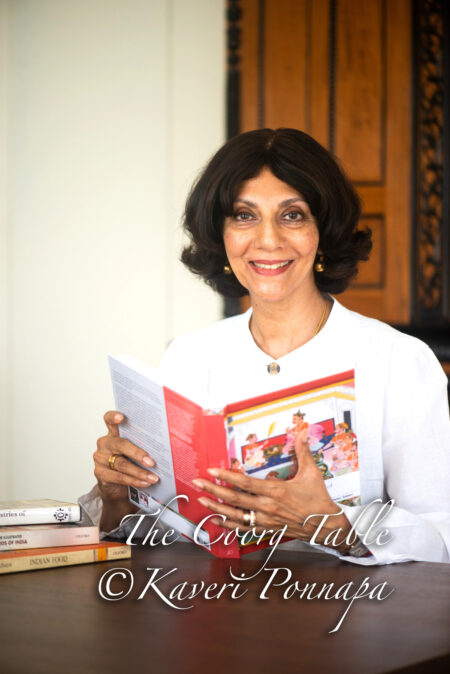
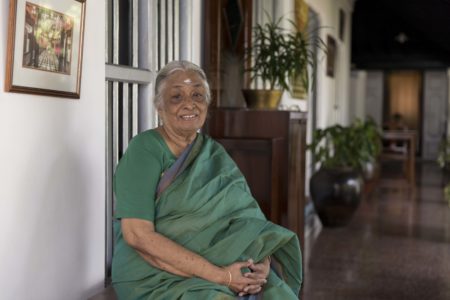
Great coverage… 🙂
Thank you so much Chef 🙂